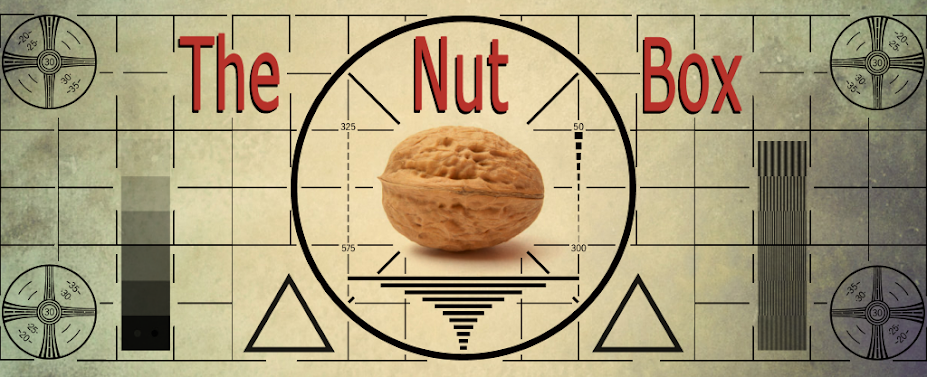Wesley matures and develops into less of a dick. His mom, Dr Crusher, returns to sickbay, so the argumentative Katherine Pulaski is out. There’s no mention of why or where Pulaski went but I like to think she married an Antedean dignitary and now lives as a cold and miserable fishwife on Antede III.
There’s an increase in Romulan and Klingon activity and an attempt to show how a political and cultural setting influences their warring tendencies. As you’d expect, Worf gets to play a pivotal role in a major part of that. Every day is a good day to die for a Klingon, but it seems that some days are better than others.
A small number of supporting characters that would reappear in subsequent episodes/seasons make their Trek début; among them are Andreas Katsulas, Tony Todd and Dwight Schultz, all of whom bring a unique personality.
If that wasn't enough to keep fans happy, some of the best episodes from the entire seven year run of TNG feature, such as Yesterday’s Enterprise, The Offspring and The Best of Both Worlds Part I. The latter is an end of season cliff-hanger, so make sure you have Season 4 nearby because when those credits roll you’ll want to go directly to Part II of the story as soon as possible.
26 episodes, approx 44 minutes each.
5 holodeck romances out of 5



